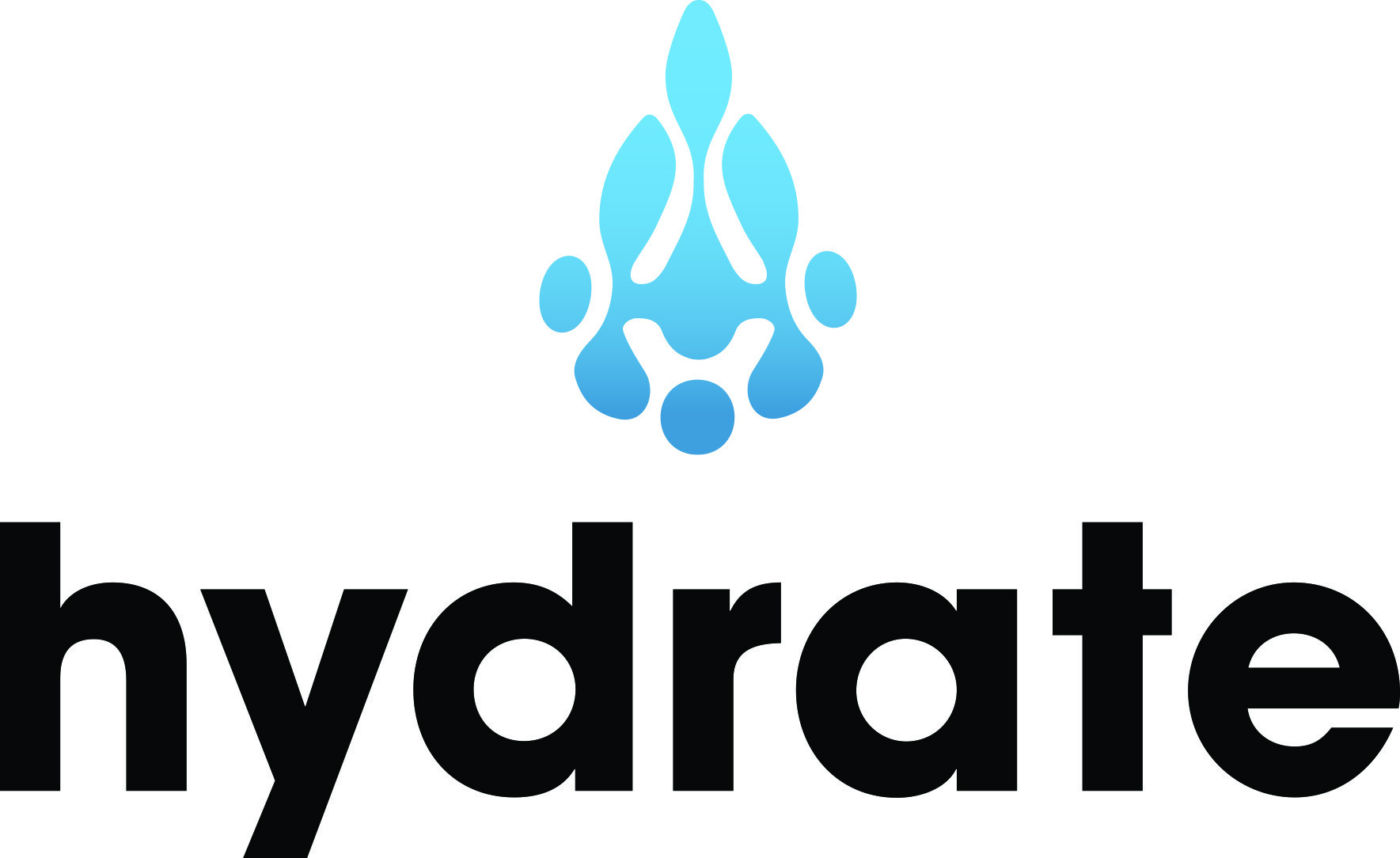In the age of the Empowered Buyer, it’s crucial to make it easy for your target audiences to find you online. These days, consumers are already halfway to making a purchasing decision before they reach out to you directly. This is because they are doing their research digitally, and therefore do not need to contact you immediately.
According to the Miller Heiman Group, 81% of buyers conduct online research before purchasing. Today’s Empowered Buyers typically start their purchasing journey by using search engines to find companies that provide the service or product they seek. Then, they usually only engage with the top-ranked search results. The average click-through rate (CTR) is about 22% for a result in the first position on a Google search engine results page (SERP) to about 2% for a result in 10th place. For your company to be considered as a possible solution to the problem these consumers are researching, your website needs to be optimized so that it ranks well on these SERPs.
If you’re an SEO pro, you already know this. If you’re new to the acronym, SEO stands for search engine optimization and is a marketing tactic focused on growing visibility in organic search engine results. The strategies used when implementing this tactic rely on good keyword research.
Keywords are ideas and topics that define what your company, and therefore your content, is about. To ensure that you can easily be found online, you must use words in your website copy, and in your other marketing content, that are relevant to what your target audience is searching for. Many keyword research tools can help you discover which relevant industry phrases consumers are searching for most often, such as some of our favorites: Semrush, Keywords Everywhere, and Moz. Once you’ve identified the best keywords for your company, the next step is to work them into your website.
Here are 5 actionable ways to increase your website’s SEO by using keywords:
- Write accurate and engaging page titles and meta descriptions.
A page title is a short description of a webpage that appears at the top of a browser window and in SERPs. Most SEO experts recommend that they be a maximum of 60 characters in length so that the title is not cut off by search engines and can be read in full. Meta descriptions also show up in SERPs. These are meant to be summaries of the page they are describing. They can be longer than page titles but by no more than 100 characters.
Both of these should be chock-full of your keywords, especially page titles. Optimizing one for each of your web pages can improve your rank on SERPs. While meta descriptions don't directly impact search engine rankings, they can influence CTRs from search results. Including keywords in meta descriptions can make them more compelling and relevant to users searching for specific topics.
Along with keyword count, you should also focus on the readability of your page titles and meta descriptions. It is not effective to simply list disjointed keywords because they’re frequently searched for. Page titles and meta descriptions can be a consumer’s first introduction to your company. With that in mind, you must focus on being clear, concise, and grammatically correct.
It is also important to be accurate. If the way you describe your webpage does not match what users see when they click through, they will likely be confused, frustrated, and under the impression that your site is untrustworthy. This can increase your bounce rate, which is the exact opposite of what you want.

- Give all your images alt text.
Because search engines are unable to “see” images, you must use alt text for proper SEO. Without it, the images you use on your website will not be searchable. An image’s alt text should simply describe its content. Imagine you're explaining what it looks like to someone who cannot see it. (Actually, accessibility is another reason why alt text is important.) Just like with page titles and meta descriptions, the alt text should be simple and accurate, but it should also be based on your keyword research if you want it to assist in making your website more searchable.
- Integrate keywords throughout your web pages.
What’s great about incorporating keywords directly into your website’s copy is that you don’t have to be as focused on character restrictions. This gives you a lot of freedom to use them in ways that feel organic and natural. If you hadn’t done keyword research before the last time you worked on your website copy, consider reviewing all your pages so you can identify opportunities to add them. It's like the old question about the tree in the forest – if a website provides useful information but no one sees it because they can’t find it, is it genuinely useful?
- Publish blogs regularly.
Some argue that the art of blogging is dying, and that may be the case for those who don’t focus on optimizing each post. However, for those who use keyword research during their content creation process, blogs are the perfect tool for spreading the reach of your website even further. Keywords should inform what topics you decide to write about, and they should be a part of the actual copy as well as in the alt text on any images.
- Create pillar pages.
Once you’ve built up a good library of blogs and other content based on keyword research, it’s time to bring it all back together. The goal is to show that you are an authority on commonly searched-for subjects that are relevant to your industry. Create landing pages for each of these subjects that contain links to all the pertinent content you’ve created. These are what we call pillar pages, and they essentially create a web of resources related to the keywords that are most important to your company.
Becoming an SEO pro, or enlisting the help of one, is extremely important because these tactics not only help you build a search engine-friendly website but also help make your site more user-friendly. The goal of modern marketing is to prove that your company can be helpful not only to customers but also to prospects. If you can prove that you’re an expert at what you do, you know what’s going on in your industry, and you’re aware of the problems your prospects may have, then they will trust you to assist in solving those problems and become customers. So, when you’re creating content for your website, don’t forget to make it search engine optimized so people can find the help you’re offering them.







